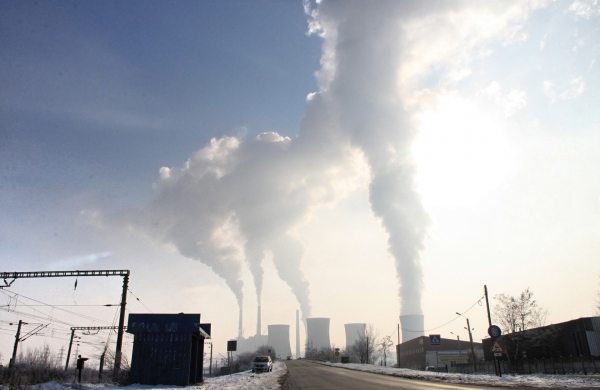March was a turbulent month weather-wise across the United States, as a series of western storms brought record amounts of precipitation and tornadoes ripped through parts of the South and the nation’s midsection.
articles
The 2022 Durban Floods Were the Most Catastrophic Yet Recorded in Kwazulu-Natal
Research shows flooding events in the province have doubled in the last century.
Greenhouse Gases Continued to Increase Rapidly in 2022
Levels of carbon dioxide (CO2), methane and nitrous oxide, the three greenhouse gases emitted by human activity that are the most significant contributors to climate change, continued their historically high rates of growth in the atmosphere during 2022, according to NOAA scientists.
Temperature Is Stronger Than Light and Flow as Driver of Oxygen in Us Rivers
The amount of dissolved oxygen in a river is a matter of life or death for the plants and animals living within it, but this oxygen concentration varies drastically from one river to another, depending on their unique temperature, light and flow.
To More Effectively Sequester Biomass and Carbon, Just Add Salt
Reducing global carbon dioxide emissions is critical to avoiding a climate disaster, but current carbon removal methods are proving to be inadequate and costly.
World Likely Hit Peak Fossil Power in 2022, Analysis Finds
Wind and solar accounted for a record 12 percent of global power generation last year, according to a new analysis which finds that the rapid buildout of clean energy heralds “a new era of falling fossil generation.”









